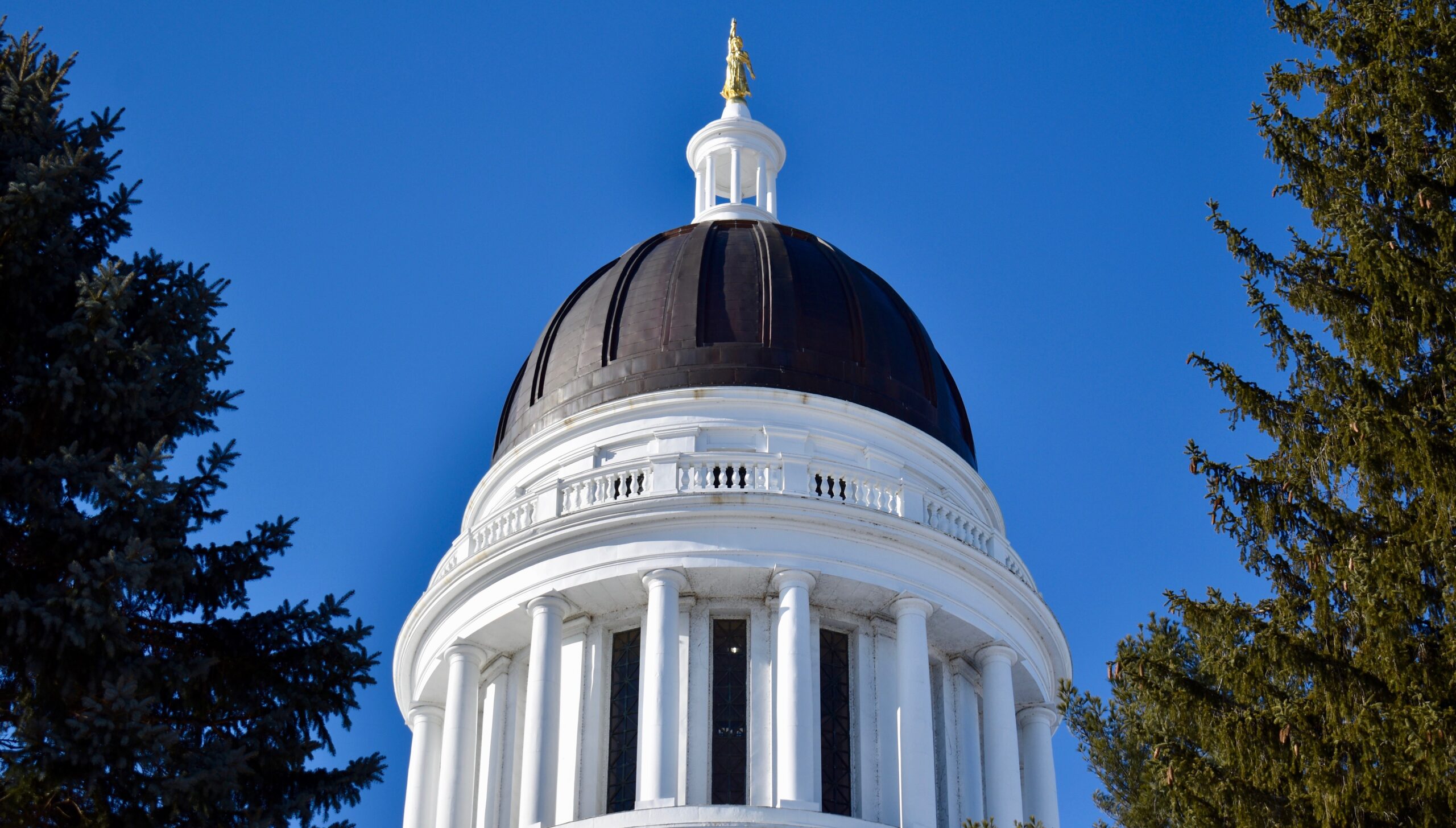Two freshman legislators have filed bills to make dealing with climate change once again a priority for state government.
Rep. Paul McGowan, D-York, submitted a bill designed to make Maine more energy independent and sets goals such as reducing fossil fuel use by 20 percent. Rep. William Noon, D-Sanford, wants the state to resume helping communities plan for the effects of climate change. That project was halted two years ago by the state Department of Environmental Protection.
Noon said last week that he had not planned to submit any bills during his first months in office, but he was spurred to “write something” by a Maine Center for Public Interest Reporting article published last November: “State puts climate change planning on shelf; towns fend for themselves.”
“We’ve got to do something to get the state back into the game,” said Noon, who owns a farm near Springvale.
The Maine Center report noted that although a number of cities and towns are working on meeting the challenges of climate change — chiefly rising sea level and the threat of more intense storms — the state had pulled back from work begun under the administration of Gov. John Baldacci.
Under his administration, the Climate Change Institute at the University of Maine in Orono completed a report outlining how changes in the climate would affect the state. The was completed in 2009 and the state legislature then passed a resolution ordering the Department of Environmental Protection to lay out ways that Maine could adapt to these changes.
The DEP report, submitted in early 2010, was the work of 75 “stakeholders” representing interests ranging from Hannaford markets to the Maine Audubon Society to the Small Woodland Owners Association of Maine, plus 13 state agencies. The document set out 60 recommendations.
Acknowledging that local communities would have to do the major work in preparing for climate change, the report was designed to support them by making available, for example, accurate climate data specific to Maine. It also recommended that state agencies and municipalities work together to figure out how climate change will affect local buildings, roads and other structures—and how much it will all cost.
Baldacci signed another resolution seeking a second study to make more specific recommendations about climate change adaptation, along with cost estimates.
That report was due in January of last year, but with the election of Gov. Paul LePage, priorities in the DEP were shifted away from climate change and, instead of a report, the DEP submitted a two-page letter simply referring to the original report.
The 2010 report was even removed from the DEP’s website for a time.
Rep. Noon said his bill will call for a restoration of the process. Although the bill’s language was still being polished by the revisors’ office, he said he is seeking to have the state reconvene the stakeholders and complete a full second report.
McGowan said his bill follows the ideas contained in a European Union directive last fall to its member countries. Goals would include improving energy efficiency by 20 percent and increasing production of renewable energy by 20 percent, all by the year 2020.
“I think it’s possible to do that in seven years,” he said. “There’s great potential in Maine.”
The state has already moved on some fronts to cut carbon emissions and thus slow the effects of climate change.
Maine has extensive land-based wind farms and is planning for more turbine installations, including at offshore sites, and is encouraging the use of cleaner-burning wood pellets as well as solar and geothermal energy.
“Altogether this state spends $3 billion a year on oil from away,” McGowan said. “Think what we could do if we kept that money in Maine.”
“The issues are complex,” said Rep. Joan Welsh, D-Rockport, co-chair of the Legislature’s Joint Committee on the Environment and Natural Resources. She said she did not know how many bills will touch on the area of climate change this year, although most that do deal with it are likely to come through her committee.








